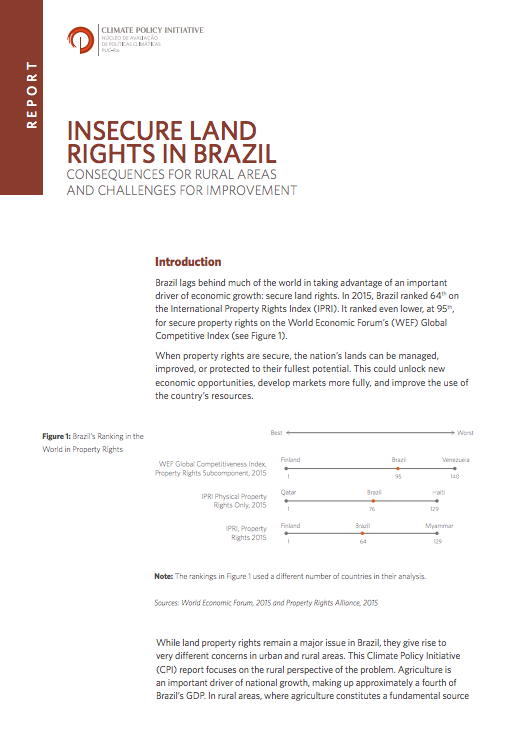A Conflict’s Impact on Project Goals and Reputation Risk : Lessons from Kosovo Privatization Program
When designing and implementing a
project in a conflict-affected country, some of the
conflict's more obvious impacts-damage to
infrastructure and energy supplies, are apt to immediately
come to mind. However, based on the experiences with the
Kosovo privatization program, there are additional problems
related to a conflict's aftermath that may be
overlooked during a project's design but which should




